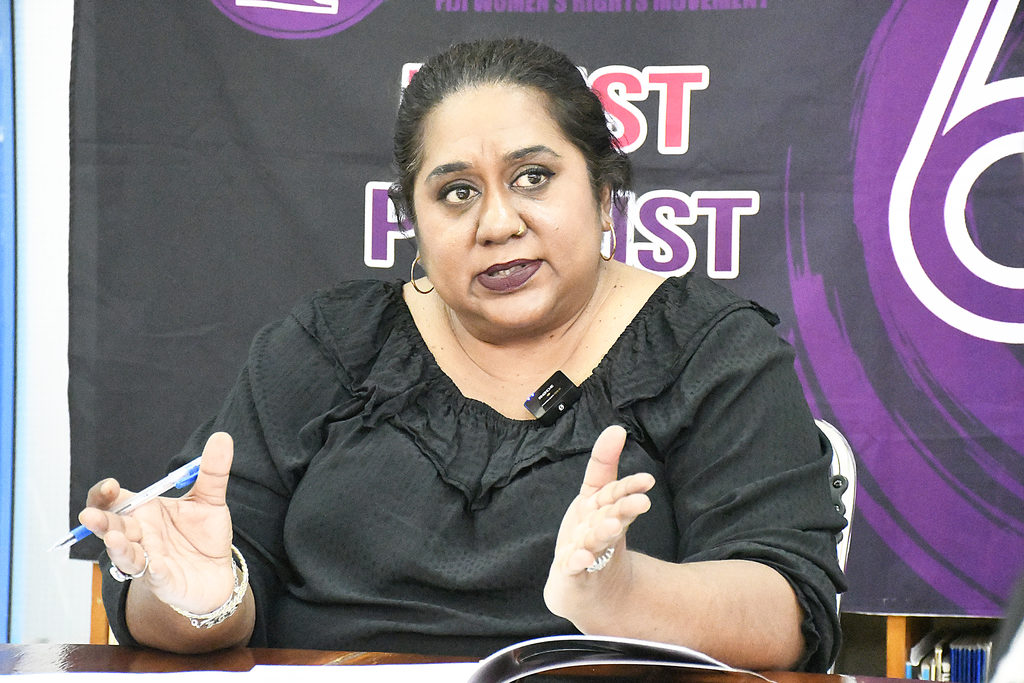HORMONE replacement therapy is not covered by health insurance in Fiji — and for Nalini Singh, executive director of the Fiji Women’s Rights Movement, that cost has added pressure to what she described as an already difficult and isolating experience.
“We’re using our own money to pay for pills, injections, supplements,” she said.
“That makes me sad — because I know many women, even those working, can’t afford it. And they may really need it.”
Ms Singh has now been on hormone replacement therapy (HRT) for six months. The treatment followed a series of escalating symptoms that began during perimenopause and worsened during the COVID-19 period.
“I had really severe bleeding. I hadn’t realised my cycle had changed, and I didn’t realise I was becoming anaemic. By the time I went to the doctor and had my blood tested, I was severely anaemic. I needed whole blood transfusions.”
She began tracking her periods and symptoms. “The first two days were extremely heavy. I had to use different combinations of sizes and pads and used a lot of product. There are no products in the supermarket that cater for this level of bleeding.”
Ms Singh also described other physical effects. “Hair loss. Sudden buzzing in my ears. My eyes started watering for no reason. My skin, which was always oily, became very dry. I had zero libido. I’d forget people’s names. I’d forget what I was supposed to be saying — mid-sentence.”
She was later diagnosed with fibroids, cysts, and adenomyosis. “I didn’t experience pain — but I had a lot of discomfort, and it kept increasing.”
Doctors recommended HRT but Ms Singh said its cost and limited availability raise broader concerns.
“HRT is not easily available to women — and very expensive. Our health insurance doesn’t cover it.”
Despite this, she said the difference was significant.
“It calms things down. It helps with the bleeding, the anaemia, and the fibroids. But more than that, I felt a deep sense of calm in my mind. I felt like I was finally doing something about this.”
“We didn’t ask for this (menopause). This is not a pre-existing illness. It’s a natural condition. But the silence, the cost, and the lack of support — that’s what makes it harder.”



